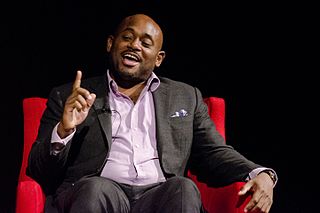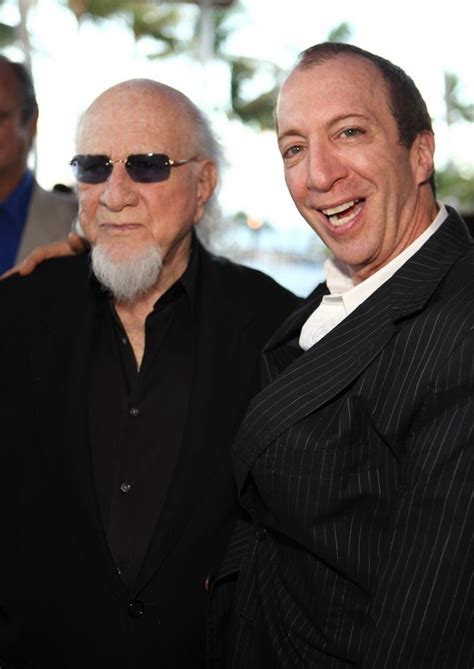A Quote by Steve Aoki
The record labels used to spend money on advertising, and social media has replaced that entirely - it's putting magazines out of business. It's put big companies into completely reinventing their strategies.
Related Quotes
I think bands will actually make more money without record companies; a much bigger share of the money will go to the bands. You won't have record shops taking 40 percent of the money. You won't have record labels taking 40 percent of the money. So they don't have to sell as many albums as they used to in the past. So it's not necessarily a bad thing if record companies disappear.
Observing and understanding the social media phenomenon is one thing-leveraging this trend for advertising purposes is quite another. While most companies recognize the value of social media advertising opportunities, not many have figured out how to execute these kinds of campaigns and the unique risks they entail because of the potential that a viral marketing effort can backfire and actually harm a brand.
There's definitely some sort of dissent brewing between record labels, publishing companies and artists [about the compensation they get from streaming services] Spotify is returning a HUGE amount of money [to the record labels]. If we continue growing at our current rate in terms of subscriptions and downloads, we'll overtake iTunes in terms of contributions to the recorded music business in under two years.
I'm never gonna owe money because every time I get a dollar, I put it into another business, whether it's to buy goods or develop other companies. You don't have money; you have companies. That's one business model. That's mine. And I only associate with other people that are putting up their own money, 'cause they're the only ones that can relate.
The record business is an oxymoron. In the 1960s, there was an upside to selling plastic discs so labels took the risk - they paid for the record, for marketing, promotion, publicity, everything it took to make the artist a star. But now we have to go back to the venture capital model. The business is stopping and everyone's complaining but you can't blame labels. It's a shitty business. You do it because you're passionate, or because it's what you've always known. But if you lived through the nineties, nobody is thinking this is great compared to what it used to be.
We tell the for-profit sector, 'Spend, spend, spend on advertising until the last dollar no longer produces a penny of value,' but we don't like to see our donations spent on advertising in charity. Our attitude is, 'Well look, if you can get the advertising donated (at four o'clock in the morning) I'm okay with that, but I don't want my donation spent on advertising, I want it to go to the needy,' as if the money invested in advertising could not bring in dramatically greater sums of money to serve the needy.
I think the adoption rate with respect to social media and how companies leverage that varies by the company. Cisco is probably a leader in the space. A lot of times, we actually use virtual ways to communicate our brand and do some of our advertising, first on the social space, then we do on physical advertising.




































